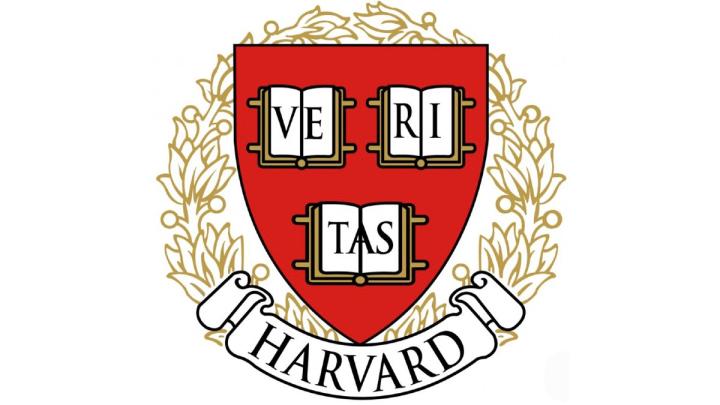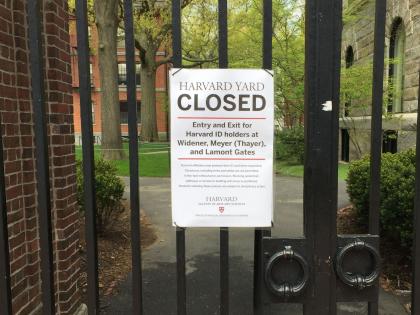Students for Fair Admissions (SFFA), which has pursued litigation against Harvard’s longstanding use of race as a factor in its holistic review of undergraduate applicants for admission to the College, today asked the Supreme Court to review its case. SFFA brought its case, alleging discrimination against Asian American applicants, in 2014. In October 2019, U.S. District Court judge Alison Burroughs ruled in favor of Harvard; in November 2020, the First Circuit Court of Appeals upheld that decision, following SFFA’s appeal.
In the First Circuit decision, judges Jeffrey Howard and Sandra Lynch wrote that Harvard’s use of race in admissions is consistent with Supreme Court precedent, rejecting SFFA’s claims that Harvard “(1) engages in racial balancing of its undergraduate class; (2) it impermissibly uses race as more than a ‘plus’ factor in admissions decisions; (3) it considers race in its process despite the existence of workable race-neutral alternatives; and (4) it intentionally discriminates against Asian American applicants to Harvard College.” The ruling concludes that there was no error in Burroughs’s decision, and that Harvard’s use of race is sufficiently narrow, appropriately tailored to meet Harvard’s goal of assembling a diverse class, and does not evince evidence of implicit bias against Asian Americans.
SFFA founder and president Edward Blum, who opposes affirmative action, vowed to appeal. In today’s news release announcing the petition to the Supreme Court, SFFA maintained that Harvard admission policies “discriminate against Asian Americans and give unlawful and unfair preferences to white, Hispanic and black applicants”; that these practices are “illegal quotas”; and the College “consistently and methodically” devalues Asian American applicants impermissibly.
SFFA is also involved in litigation against Yale, the University of North Carolina, and the University of Texas—seeking many channels for Supreme Court review of current law. Only that body can revisit the question of whether or not race can be used as a factor in admissions at all, or revise longstanding precedent that says that race can be used under certain circumstances. Given the three justices who were appointed during the Trump administration, it is possible that the Court might accept the petition to hear the case, and proceed to reconsider past rulings allowing consideration of race as a factor in holistic admissions reviews.
SFFA’s petition is posted here.








